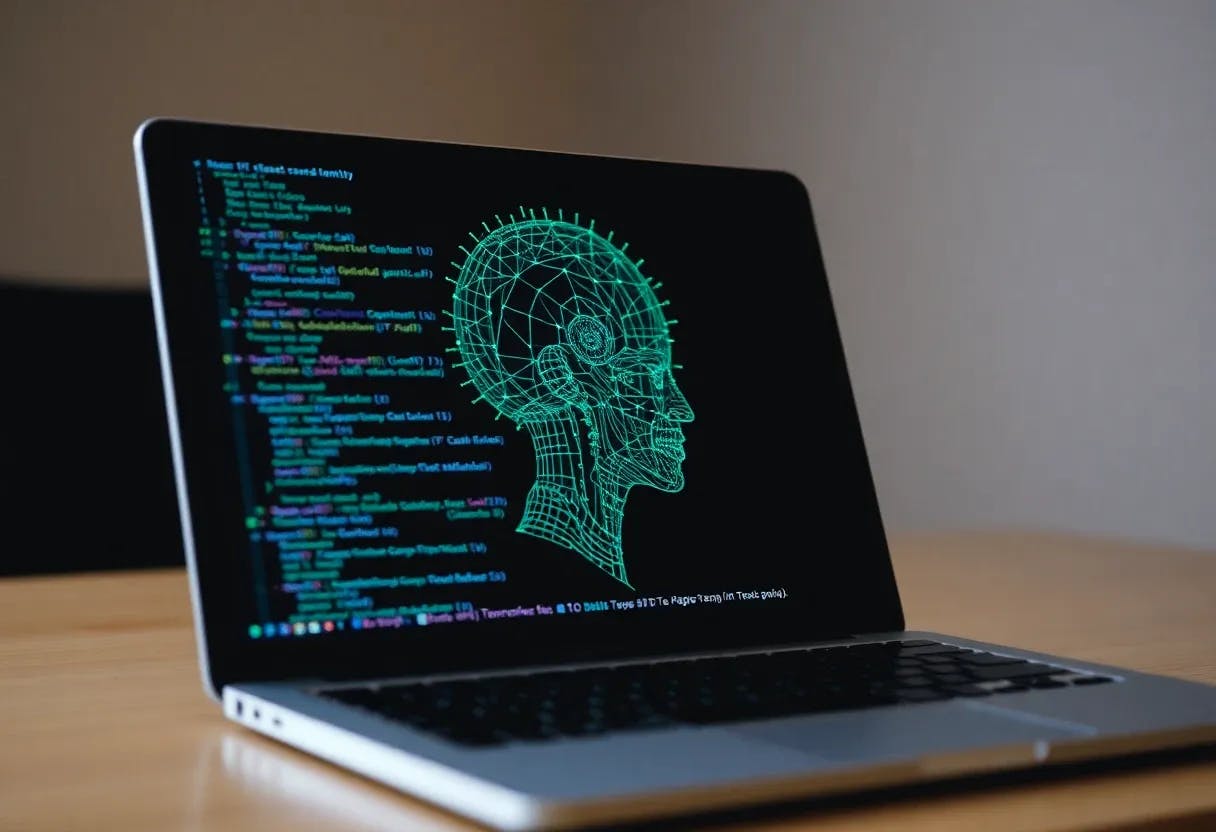
"We observe that our iterative contrastive self-improvement approach leads to significant advancements in the efficiency and quality of policy training, as demonstrated in our experiments."
"The adoption of Direct Nash Optimization (DNO) allows for a straightforward implementation of our reward model, enhancing the practical utility in real-world applications."
"In our experiments, we utilized a range of comprehensive datasets to benchmark model performance, indicating the robust adaptability of our proposed methods under varying conditions."
"Iterative Contrastive Self-Improvement not only streamlines the training process but also incorporates user feedback effectively, leading to improved model outputs across diverse scenarios."
The article discusses the development and implementation of an iterative contrastive self-improvement approach to reinforcement learning from human feedback (RLHF) at Microsoft Research. Key methodologies include Direct Nash Optimization (DNO), which simplifies reward model application, and iterative sampling techniques that fortify training processes. Various datasets were leveraged for robust experimental validation, showcasing the effectiveness of this approach in real-world scenarios. The results indicate that user feedback integration bolsters the resulting model's adaptability and output quality, setting a promising precedent for future applications of RLHF and artificial intelligence training.
Read at Hackernoon
Unable to calculate read time
Collection
[
|
...
]